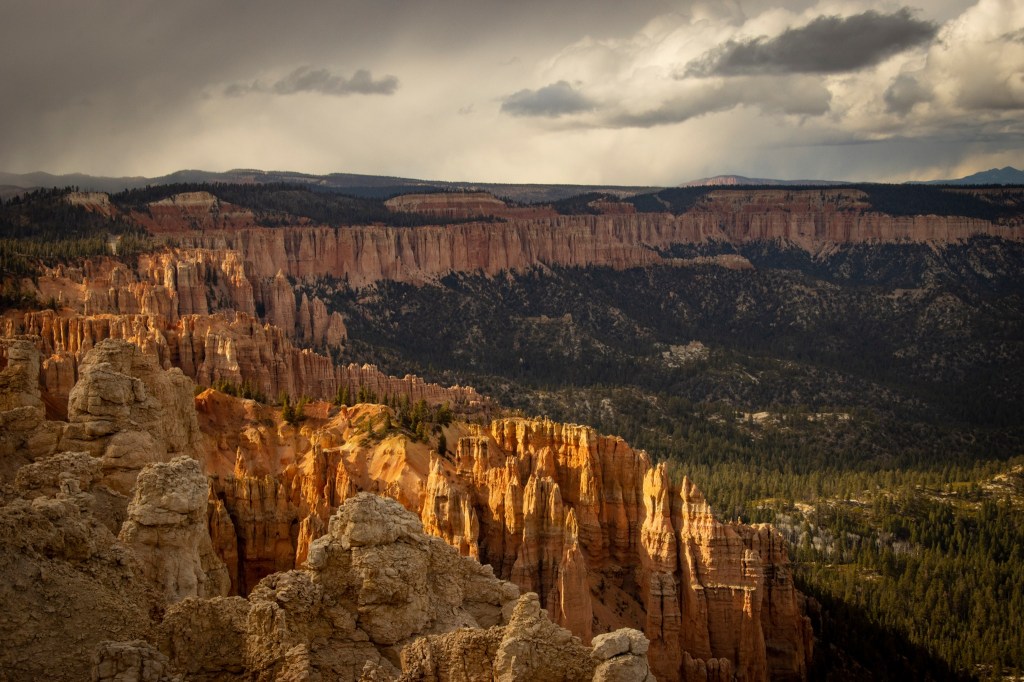
How will the world know you?
Will the world know you by your family, your ancestors and the legacy that comes after you?
Will the world know you by your wealth, your fiscal responsibility and ability to turn a profit?
Will the world know you by your great intellect, by the diplomas on your wall, the articles you have written? and the collection of books on your shelf you have read?
Will the world know you by your creativity, your command of a color palette, graceful and unique strokes of the brush and eye for design?
Will the world know you by your fame, by the number of people who know your name?
Will the world know you by your physical prowess, your ability to come through in the clutch, and your wins?
Will the world know you by your command of the English language, your artful turn of a phrase and your ability to move people with the written word?
Will the world know you by the instrument you play, the finesse of notes and rhythms, and the virtuosity with which you play your instrument?
Will the world know you by your professionalism, by your reputation for excellence in your field, and the accomplishments you have achieved?
Will the world know you by your stunning good looks, your impeccable fashion taste, and the company of beautiful people you keep?
Will the world know you by your eloquence, the depth and richness of your voice and your ability to command the attention of a crowd?
Will the world know you by your scientific mind, your understanding of technical details, and ability to apply scientific method and sound logic?
Will the world know you by your leadership, the number of people who follow you and your influence?
Will the world know you by the music you compose, the divine harmonies and intricate melodies you weave together in symphonic wonder?
Will the world know you by your politics, the platforms you have championed, and the dedication to your party allegiances?
Will the world know you by the roles you have played, the tears you have coaxed from fawning audiences, and the adoring fans you have?
Will the world know you by your architecture, by your complex end subtle designs, by the magnificence of the structures created from your drawings?
Will the world know you by your dedication, reliability and number of sick days you did not take?
How will the world know you?
In the end, we all go down to the grave, and the world is passing away. When an Ode to a Grecian Urn fades from collective memory, Jesus said we will be known as his disciples simply by our love for each other.
“Love one another. As I have loved you, so you must love one another. By this everyone will know that you are my disciples, if you love one another.”
John 13:34-35
“We know that we have passed from death to life, because we love each other. Anyone who does not love remains in death.”
1 John 3:14
“Be devoted to one another in brotherly love. Outdo yourselves in honoring one another.”
Romans 12:10
“Love never fails. But where there are prophecies, they will cease; where there are tongues, they will be stilled; where there is knowledge, it will pass away….” And now these three remain: faith, hope and love. But the greatest of these is love. “
1 Corinthians 13:8,13







